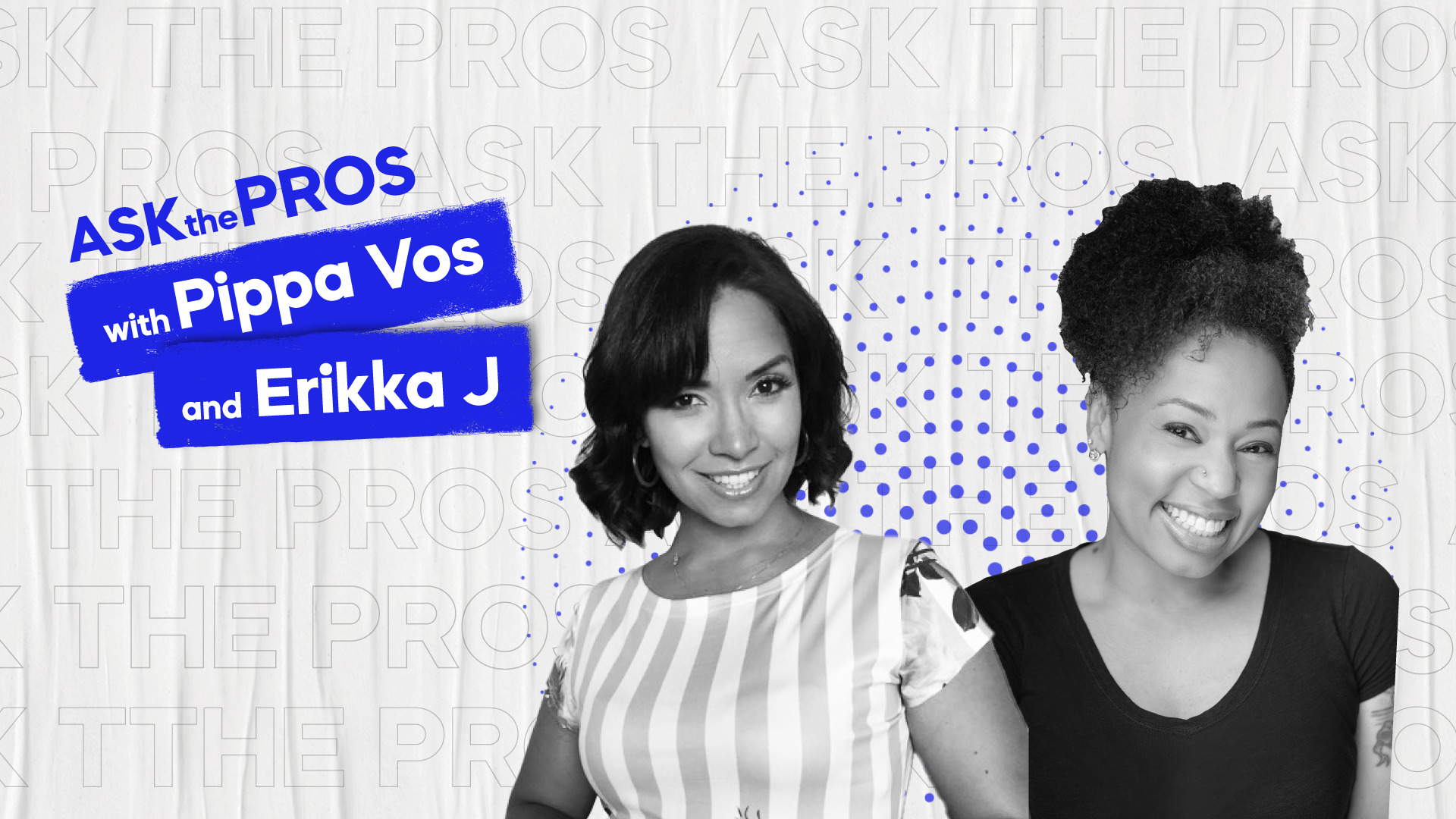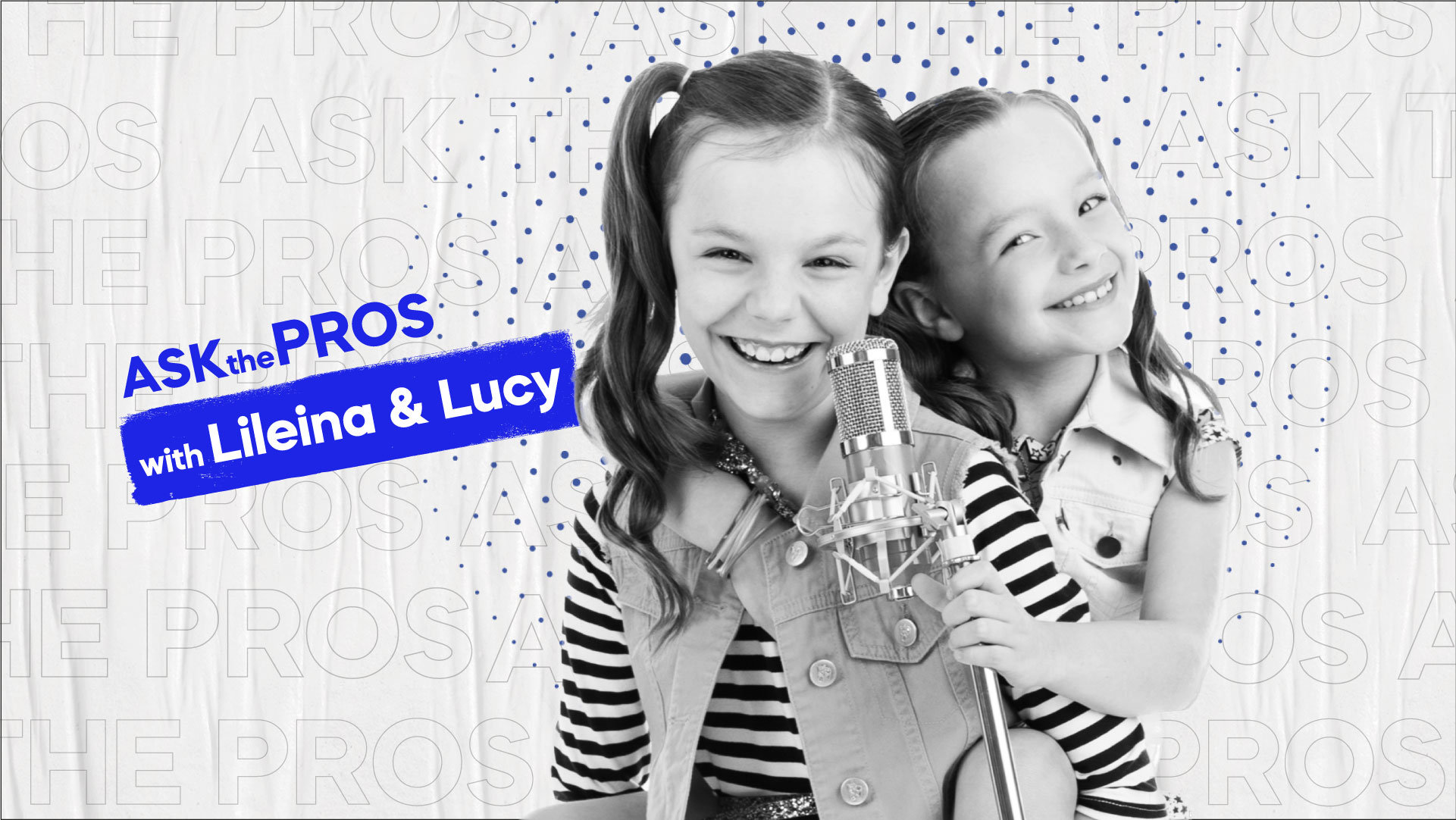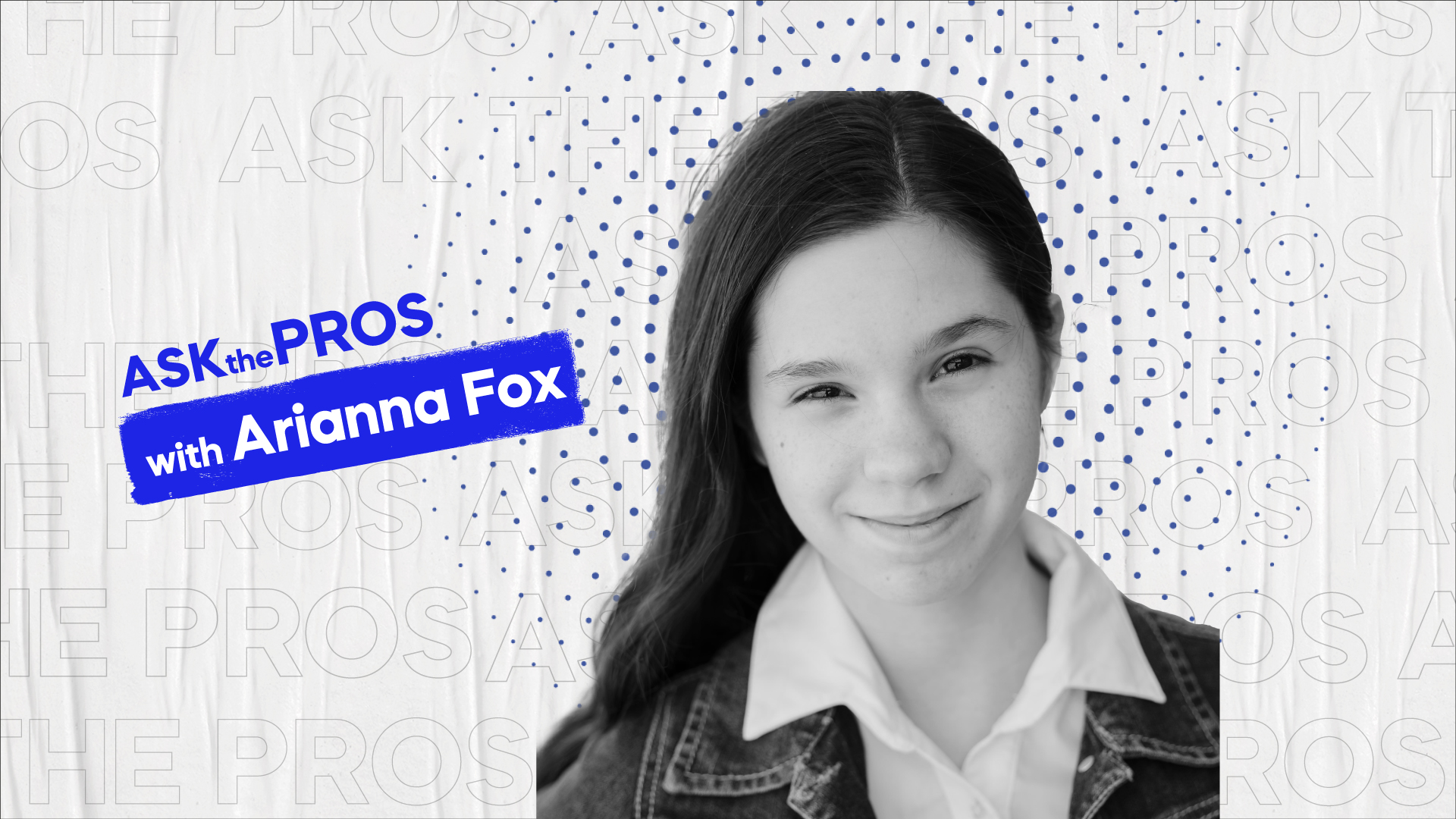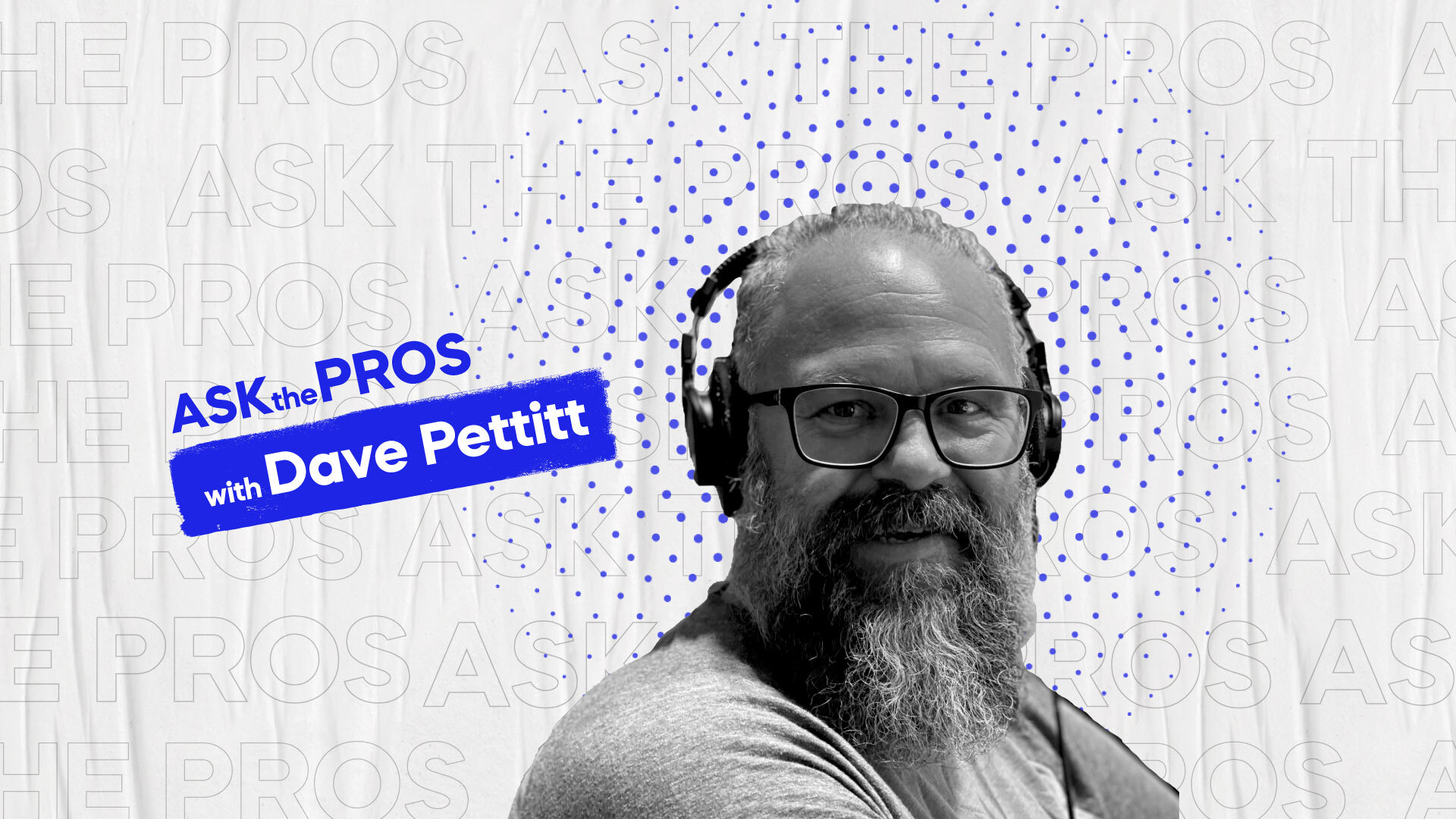
How to become a voice over artist
Ask the pros with Dave Pettitt! He advises how to become a voice over artist and shares vital tips on how to navigate the voice over industry from his 22-year career. Dave also answers questions such as: What is a voice over artist? What are the different types of voice over work and much more!
Dave, for those wondering how to become a voice over artist, can you please share, ‘What is a voice over artist and what do they do?’
A voice over artist is anybody that gets behind a microphone to tell a story. The story of the business, company, or product that has hired them.
The beautiful thing about it is that it’s a different job every day. One day you might do a local corporate video. Then, the next day something for a small company on the other side of the world.
For me, at least once a week, I do a voice over for a television program like the Discovery Channel. So becoming a voice over artist means you get to work with new people every day, and there’s a beauty in finding a creative way to learn how to tell different peoples’ stories.
How does storytelling link to how to become a voice over artist?
When you’re trying to become a voice over artist, the artistry is about acting. Otherwise, you’re just somebody who’s talking into a microphone. If you’re doing commercial work for a hospital, you have to care about the people’s families as if they were your own. Or for audio tours, you become the tour guide; you gotta be friendly and keep people entertained.
So the artistry behind how to become a voice over artist is learning how to act. Instead of being somebody who owns a microphone.
I own a really nice microphone, but I practiced for years to be able to tell peoples’ stories the way I do. I also own a really nice hammer, yet there’s no way you’d want me to build your house.
It’s not just about picking up the hammer and putting a nail in a piece of wood. It’s about learning a skill. Then you have to craft and hone that skill, no matter what your art is. That’s the difference between being an amateur and a professional voice over artist.
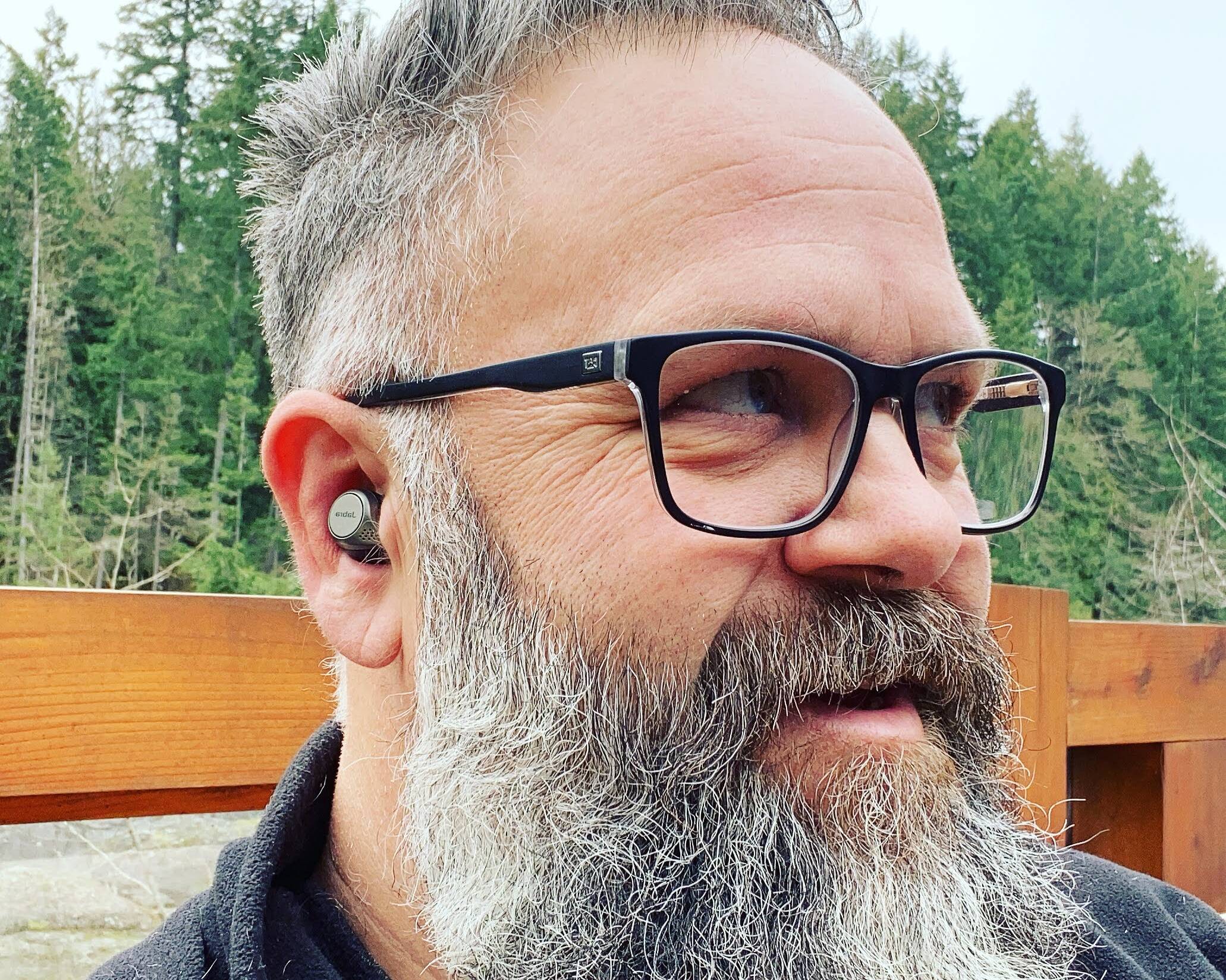
You certainly hit that nail on the head!
Can you share the different types of work you could do when you become a voice over artist? Perhaps some that you've been involved in?
Most jobs are what we call non-broadcast jobs. Things like e-learning and corporate videos, which is explaining what a company does. It could also be a product informational video that highlights the products a company offers.
I’m very fortunate to be far enough in my career where I get a good bit of commercial work. One that really stands out is a job I did for an agency for Tourism Ecuador.
I was really excited to be their voice. But then that excitement just went tenfold when they told me ‘We’re producing this commercial for the Super Bowl. And it’s going to air in some 20 different countries.’ So, what was really a lovely job turned into this colossal worldwide job.
Doing an NFL voice over for the Super Bowl sounds like a major career highlight. What was that experience like?
It was definitely one of those bucket list items of your career – to have your NFL voice over spot on the Super Bowl. And that was just the start of it! They had also bought the rights to use ‘All you need is love’ from The Beatles.
And I read the lyrics to the song as if it were this beautiful poem set to this Andean guitar music. It was spectacular! At one point, I think Paul McCartney might’ve heard my voice on the commercial! That was just as exciting as the fact that I was doing an NFL voice over.
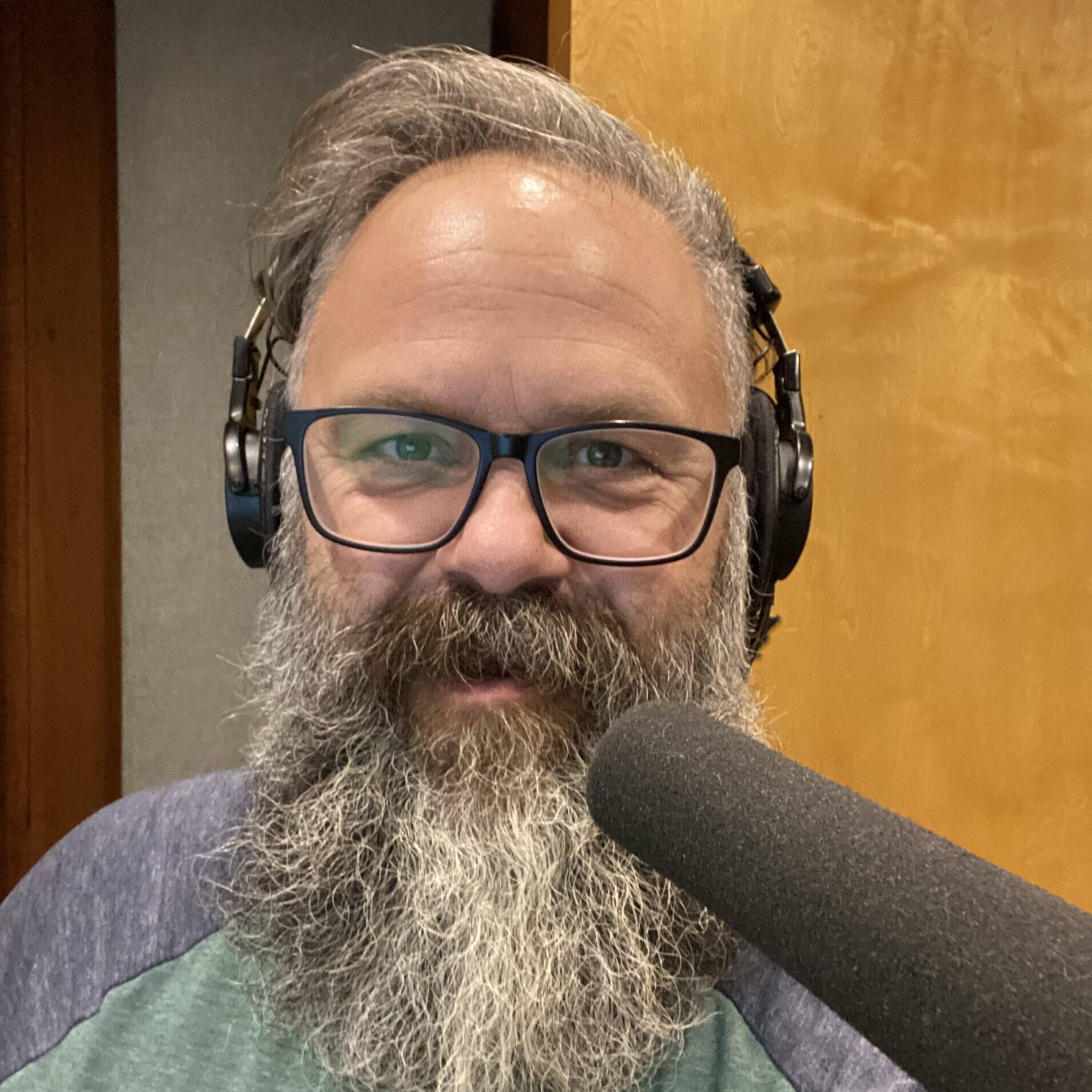
An NFL voice over sounds like a great goal to work towards, but what initial steps should a voice over artist take to develop their voice and find their niche?
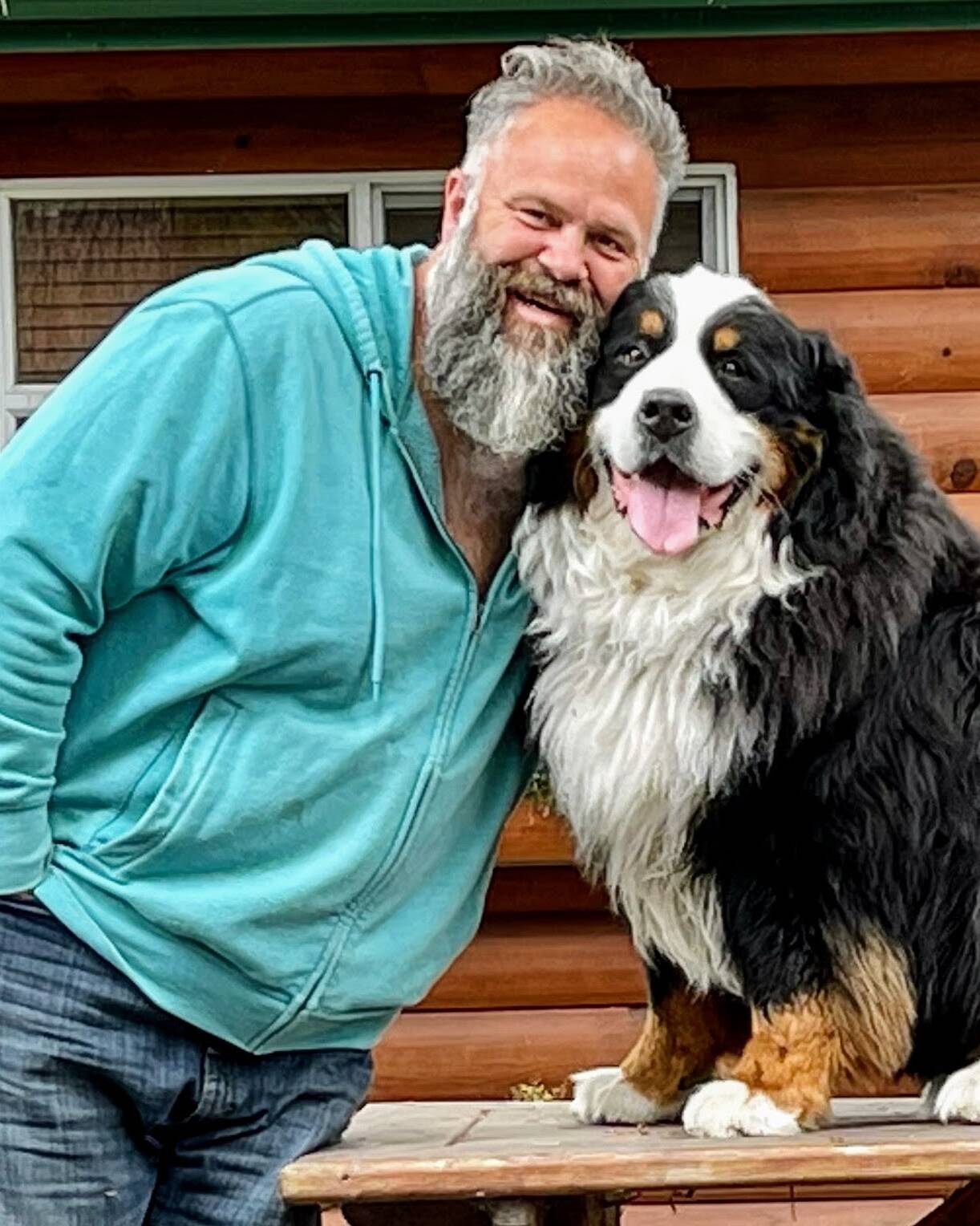
Somebody actually told me that early on in my career; ‘You need to find your niche.’ And if you’re just learning how to become a voice over artist then it takes time to find your sweet spot. You have to try lots of things and you need to listen to feedback.
Start by evaluating what kind of jobs you primarily book. Personally, I’ll audition for every hospital spot that I see, if they’re reasonable about their budget because I can sound warm, caring, inspirational, and hopeful.
So, figuring out what jobs you book, paying attention to the auditions you do and projects that you love doing is very important.
Another thing to find what you’re really good at is to read. You have to read the specs that a client puts out there and be reasonable about whether or not it suits you.
If you start auditioning outside of your spectrum, you’re going to be disappointed in the jobs you do or don’t book. So it takes a little while to go through lots of practice, auditions, and listening to what you personally love to do. It also helps to get feedback from people who are veterans in this industry as they have an ear for being objective.
Great advice! But there’s always a concern about how much do voice actors make, so why is it important to learn about voice over rates?
There’s a fine balance between just wanting to book jobs and getting paid what you’re worth. You’ll have to determine for yourself if you’re a bargain voice over artist or a premium one. Because everybody’s always looking for a bargain. And if that’s who you want to be, you have to expect that that is the role you’ll fill in the industry. And it will be tough to break out of it.
So, the rates that you choose to work with will determine the jobs that are in your inbox right now. And also your value five years from now. That’s why you’ll have better luck if you determine this early on. So be willing to say no. Or at least ask for a little bit more according to the value of what you’re doing.
It’s also about investing in your own career and learning to negotiate. You have to become a business person along with being a voice over artist. The Global Voice Acting Academy has a great rate guide to learn more about voice over rates and is a good baseline for what people should be working with.
That’s very practical advice, and for anyone focused on how to become a voice over artist right now, what other tips can you pass along?
It helps to be realistic about your expectations. At the start, you’re not going to book jobs like people who have been doing this for the last 15 years.
Some people sign up for online profiles to learn how to record their voice and make good quality recordings. There are also peer groups where you can read a spot and other voice actors will give you feedback on it.
You also need to learn about the industry or get someone to teach you about it. I can’t just decide that I’m going to be a furniture maker because I like furniture and I own a drill. There’s true value in learning from the people who know what they’re doing.
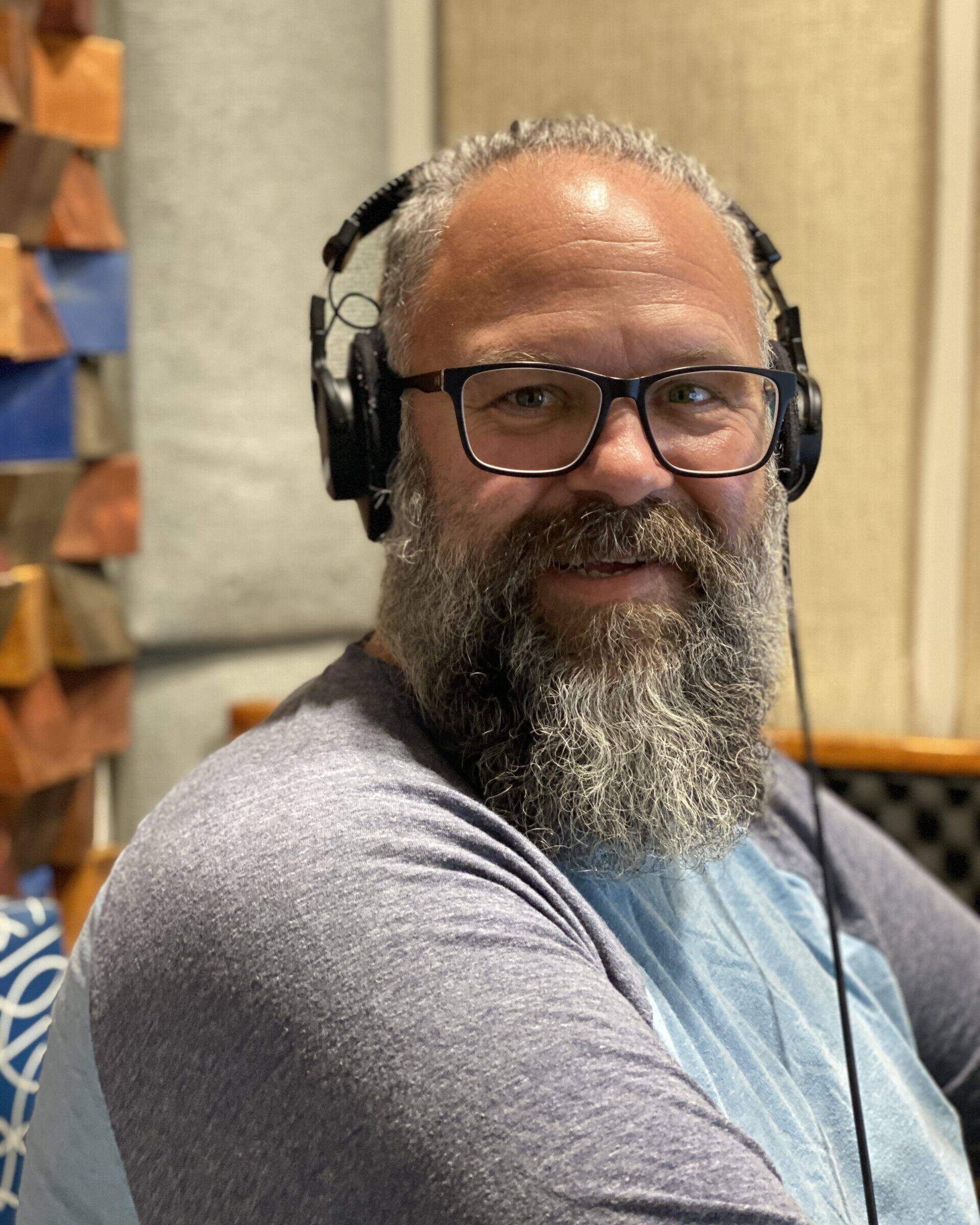
What about the costs involved in learning how to become a voice over artist?
Like any business, you have to expect that it’s going to cost you something. If you get a coach to help you, that will cost money. Or it will cost you time if you go to sites like Ad Age or iSpot.tv and listen to their number one spots.
You can also have short voice over samples on a site like Voice123. And if you’re creating a website to showcase your work, remember that you don’t get a lot of chances to make a good first impression. If your work is not competitive, it’s going to take years for a potential client to consider you again.
So, learning how to become a voice over artist means there’s more to it than just having a lovely voice. That’s the easy part. Learning how to use that is the difference between an amateur and becoming a voice over artist.
Special thanks to Dave Pettitt for sharing his experience and advice on how to become a voice over artist!
Check out Dave profile here! And listen to his most recent work:
FAQ's
- Start with figuring out what jobs you want to book and pay attention to the auditions and projects that you love doing.
- Be prepared to go through lots of practice and auditions.
- Learn about investing in your own career and learning to negotiate. You have to become a business person along with being a voice over artist.
